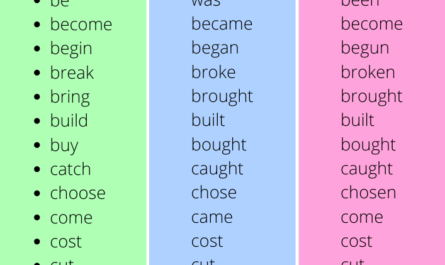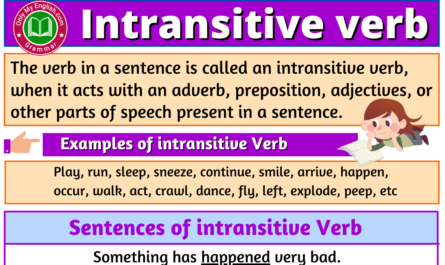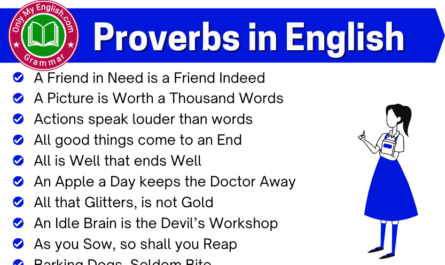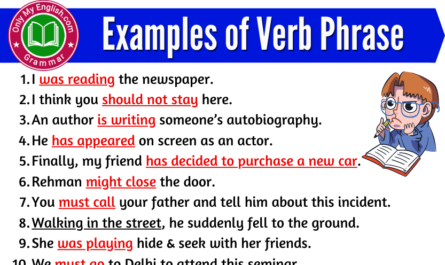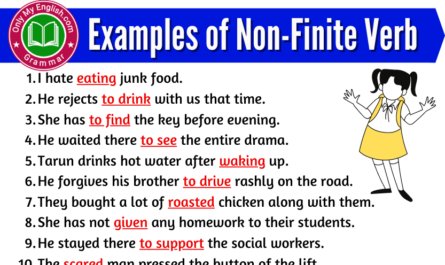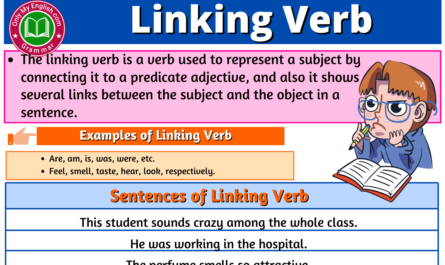Helping verbs are used to help the main verbs, as an auxiliary verb in a sentence, or sometimes it also functions as a main verb (stand alone in a sentence).
Helping verbs list
They are,
- to be – am, is, are, was, were, be, being, been
- to do – do, does, did
- to have – have, has, had
Not all helping verbs are auxiliary verbs. Some of the helping verbs are called modal auxiliary verbs, which do not change the tense of the sentence or main verb but help the verb to show the possibility, obligation, or necessity in a sentence.
- may, can, must, might, ought to, shall, will, should, would, could
Examples of Helping Verbs in Sentences
- I am going to school.
- We all are working sincerely on our project.
- John is coming to the party tonight.
- She was talking to her colleague about that incident.
- They were complaining about the poor quality of the mess.
- He will be coming by tomorrow morning.
- They have been shifting their house to a new flat.
- I am being honest with the dignitaries.
- I do accept their proposal under certain conditions.
- She does not bargain with the shopkeeper.
- Joseph did solve his problems with rationalism.
- We have thrown a party tonight to celebrate our victory.
- She has decided to protest against the communists.
- They had finished the matter by sorting with the other.
- He may join us on a road trip.
- I can assure you that this will not happen again.
- He must arrange everything before we reach there.
- It might be her fault, but there is some reason behind it.
- We ought to cover all the topics according to the list.
- They will come back to their hometown very soon.
- Sanem shall forgive you for their mistake.
- We should not take any chances as this is our last performance.
- I would like to marry your daughter with your permission.
- You could not understand the situation we are facing right now.
